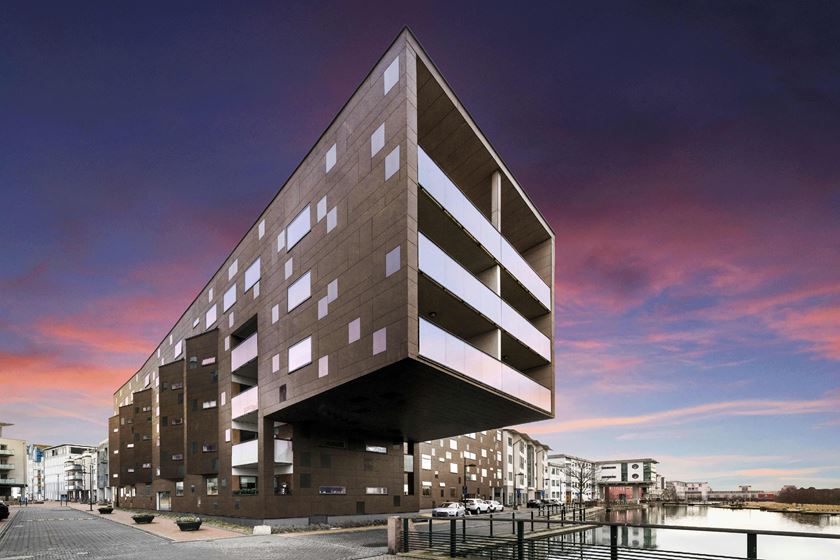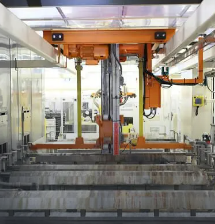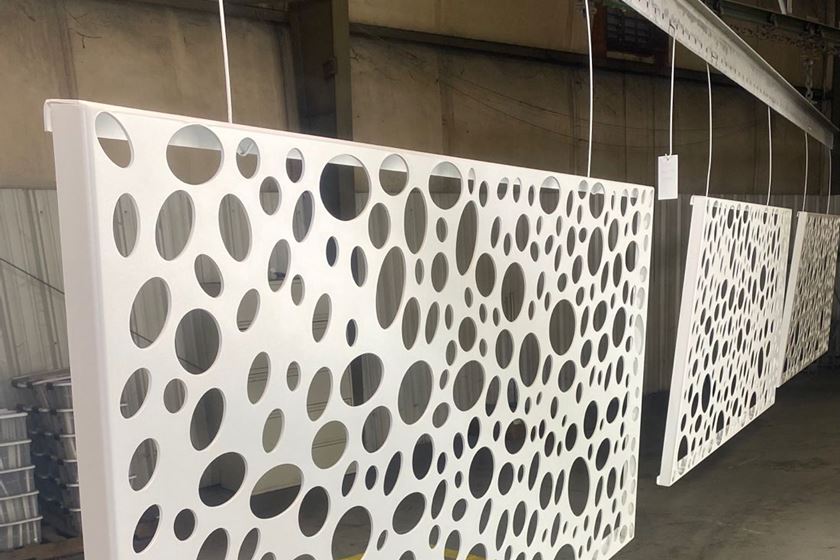Corrosion on Die Cast Parts
Question: We have a corrosion problem with a small, hand-size, die cast aluminum boiler that we manufacture.
Question:
We have a corrosion problem with a small, hand-size, die cast aluminum boiler that we manufacture. The boiler is made by pressure die casting in 380 aluminum alloy. We use the boiler to produce steam from distilled water. Boiler temperature is 150°C. After a few cycles the boiler starts corroding and a lot of white powder starts building on the walls. It gets to the point where the white stuff completely covers the boiler. Can we get rid of this problem by anodizing the boiler? If yes, what type of anodizing would be best? Would you suggest another type of alloy? B.B.
Answer:
I believe your boiler could possibly benefit from anodizing the part. Alloy 380 is high in silicon and copper and these are both elements which can make anodizing difficult. Some types of die castings can be successfully anodized. However, die castings sometimes do not anodize well because of their surface characteristics. With die castings, the surface quality and homogeneity of the metal are important to how well it anodizes. Sometimes the anodic coating will be soft and “sooty” because of the high amount of silicon. Silicon does not anodize and, unfortunately, it tends to precipitate toward the surface of the part when the part cools after pressure casting. Depending on the quality of your casting, anodizing may help, or it may only be of limited benefit. Your application is pretty severe. My best advice would be to find an anodizer who could produce some sample parts for you. Test the resulting anodic finishes to see what works best for your particular part.
RELATED CONTENT
-
Preventing Anodizing Cathodes from Turning Red
While the red color may not be desirable, anodizing expert Drew Nosti says it poses no particular problem to a successful anodizing process.
-
Plating Q&A: Can you color stainless steel?
Our expert, Art Kushner, says yes, you can color stainless steel, but it is not a process that is typically performed in a plating shop. Read more about his answer.
-
Aluminum Anodizing
Types of anodizing, processes, equipment selection and tank construction.
















